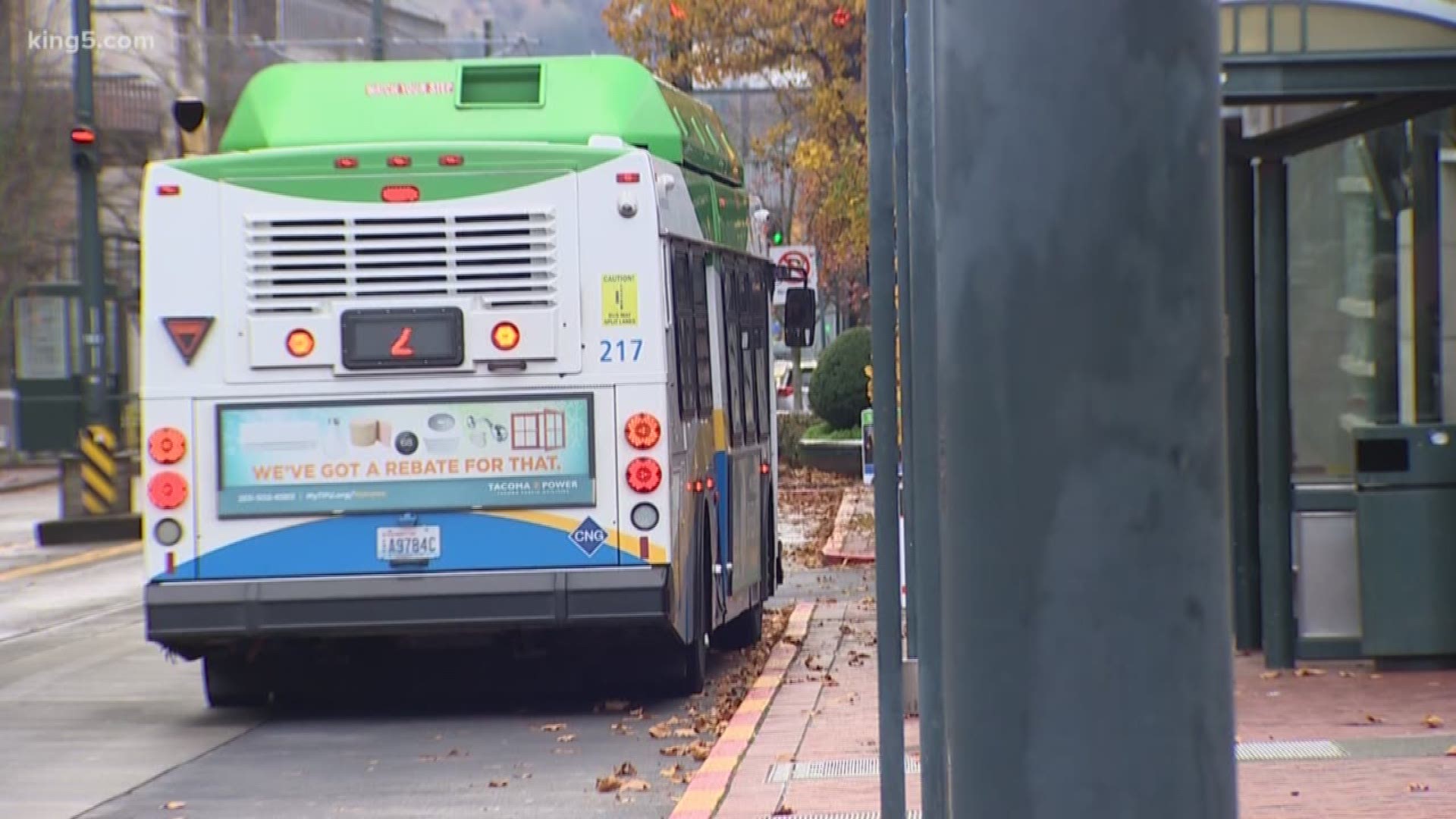KING COUNTY, Wash. — A coalition of government agencies filed a preliminary injunction with King County Superior Court on Monday that would temporarily block Initiative 976 less than a month after being approved by Washington state voters.
“We are committed to fighting this unwise and unconstitutional initiative with our partners," Seattle Mayor Jenny Durkan said in a statement. "The harm created by this initiative will be long lasting and irreparable. We ask the Court to protect our most vulnerable residents who rely on transit, safe roads and crosswalks, and our students who rely on their ORCA passes to get to and from school.”
The purpose of the injunction is to maintain the status quo while the court can hear arguments against the initiative, which was approved by voters in the November election. A separate lawsuit was filed last week to stop I-976 from taking effect.
A hearing on the injunction is scheduled for Nov. 26.
I-976 eliminates extra fees for everything from electric vehicles to snowmobile registration. The state’s budget office estimates I-976 would eliminate more than $4 billion in tax revenue by 2025.
More than 60 cities use car-tab fees to pay for road construction, bus service and sidewalks. In addition, the state charges fees to help pay for a variety of programs including Washington State Patrol traffic enforcement, highway maintenance, ferry operations and maintenance of county roads and bridges.
The coalition is made up of King County, the City of Seattle, the Port of Seattle, Washington State Transit Association, Amalgamated Transit Union Legislative Council of Washington, Garfield County Transportation Authority, Intercity Transit, Association of Washington Cities and civilian Michael Rogers.
The injunction "is warranted because Plaintiffs are likely to prevail on the merits of their constitutional claims," the motion states. "Washingtonians were not presented with one clear and constitutional choice at the ballot box."
Those in the suit claim that I-976 is "a poorly drafted hodge-podge that violates multiple provisions of the Constitution, including the Single Subject Rule." The Single Subject Rule prevents bills from containing more than one subject, and that subject should be expressed in the title.

